Earth
-
 Science & Society
Science & SocietyThere’s a new term for attempting to own the wind: ventography
Nations established territorial claims underground to access oil and gas. Now they are expanding those claims upward to snag the wind.
By Sujata Gupta -
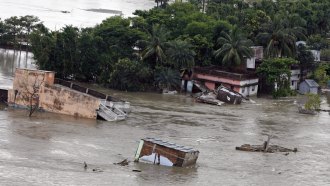 Earth
EarthWhat leads rivers to suddenly change course?
An analysis of satellite data could help predict where rivers will change their course and where their rerouted flows will go.
By Nikk Ogasa -
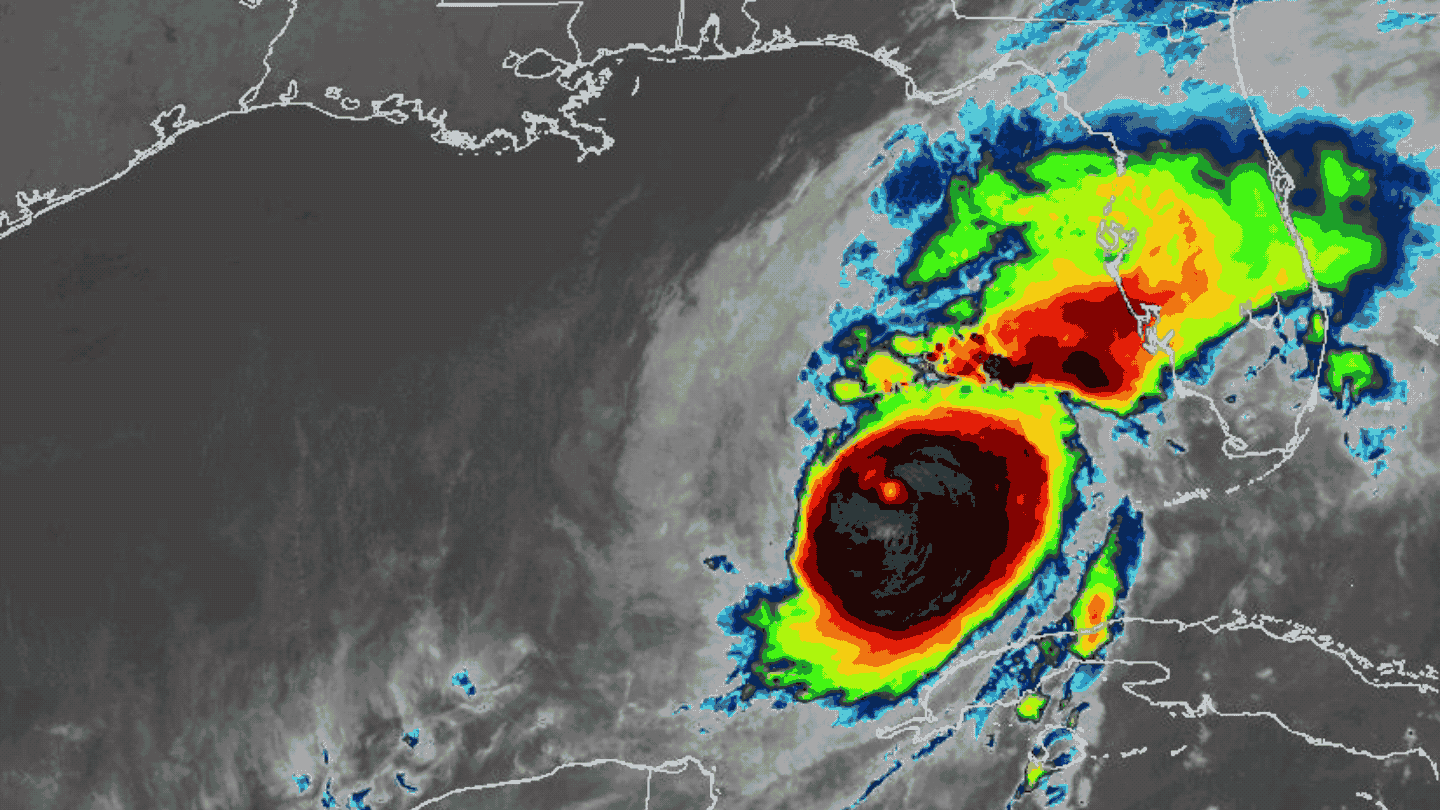 Climate
ClimateClimate change fueled the fury of hurricanes Helene and Milton
Two new studies find climate change amped up sea surface temperatures in the Gulf of Mexico, fueling the hurricanes' intensity.
-
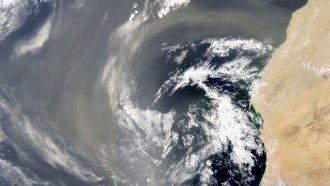 Oceans
OceansA transatlantic flight may turn Saharan dust into a key ocean nutrient
Over time, atmospheric chemical reactions can make iron in dust from the Sahara easier for organisms to take in, helping to create biodiversity hot spots.
By Douglas Fox -
 Animals
AnimalsSome tadpoles don’t poop for weeks. That keeps their pools clean
Eiffinger’s tree frog babies store their solid waste in an intestinal pouch, releasing less ammonia into their watery cribs than other frog species.
-
 Physics
PhysicsThunderstorms churn up a ‘boiling pot’ of gamma rays
A thunderstorm seen in gamma-ray vision is a complex, frenetic lightshow when viewed from above the clouds.
-
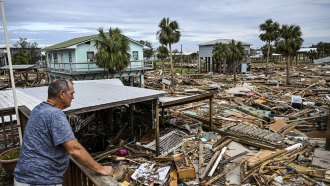 Health & Medicine
Health & MedicineA hurricane’s aftermath may spur up to 11,000 deaths
Hurricanes like Helene may indirectly cause deaths for years. Stress, pollution and a loss of infrastructure could all contribute to tropical cyclone fatalities.
By Meghan Rosen -
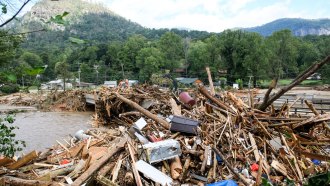 Climate
ClimateWhy Hurricane Helene was so devastating
The tempest caused record-breaking storm surge on the coast and widespread and deadly flooding and debris flows in the Appalachian Mountains.
By Nikk Ogasa -
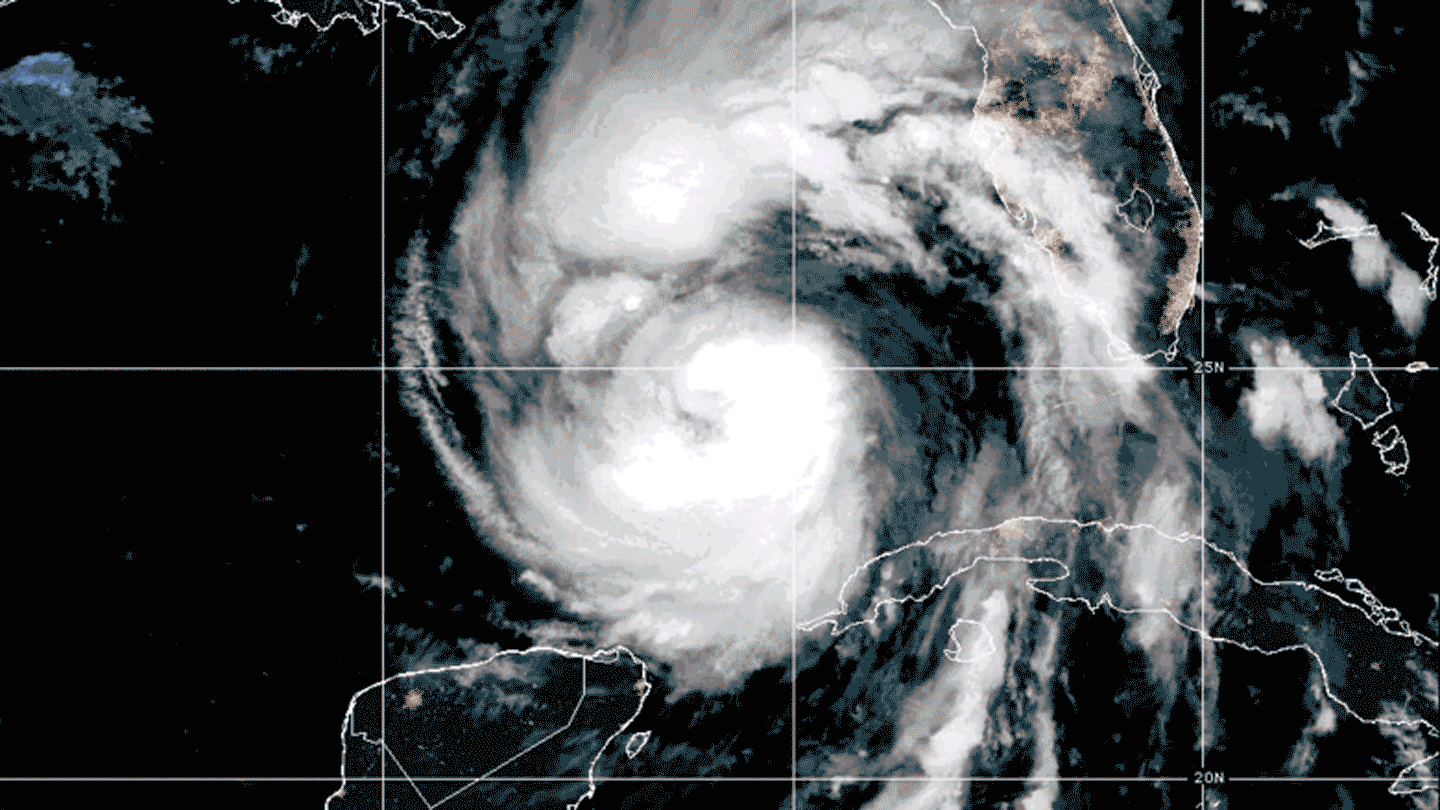 Climate
ClimateHow rapid intensification spawned two monster hurricanes in one week
New maps of wind impacts beyond Helene’s ‘cone of uncertainty’ track highlight how a hurricane’s power extends far inland.
-
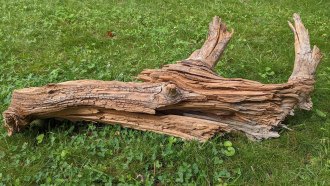 Climate
ClimateA thousands-year-old log demonstrates how burying wood can fight climate change
Burying wood can store carbon for thousands of years, according to an analysis of an ancient log unearthed in Canada.
-
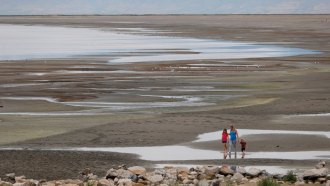 Earth
EarthReactive dust from Great Salt Lake may have health consequences
When inhaled, metals left by the shrinking lake could cause inflammation. Experts say more studies are needed to understand the impact.
By Skyler Ware -
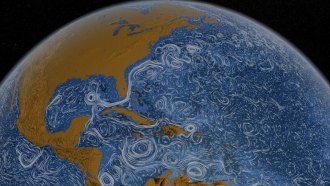 Oceans
OceansA vital ocean current is stable, for now
The Florida Current, a major contributor to a system of ocean currents that regulate Earth’s climate, has not weakened as much as previously reported.
By Nikk Ogasa